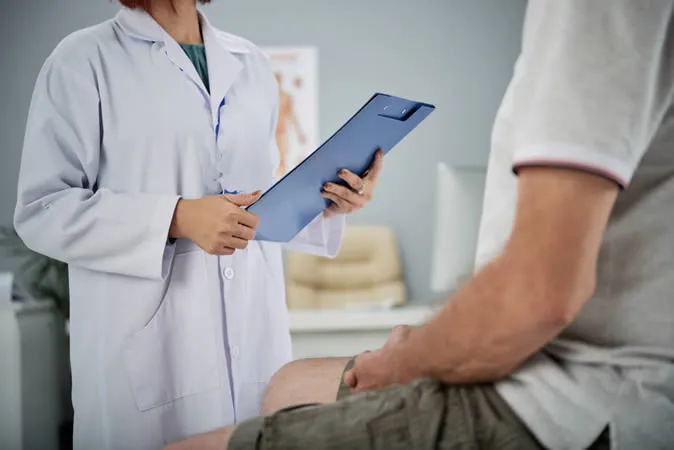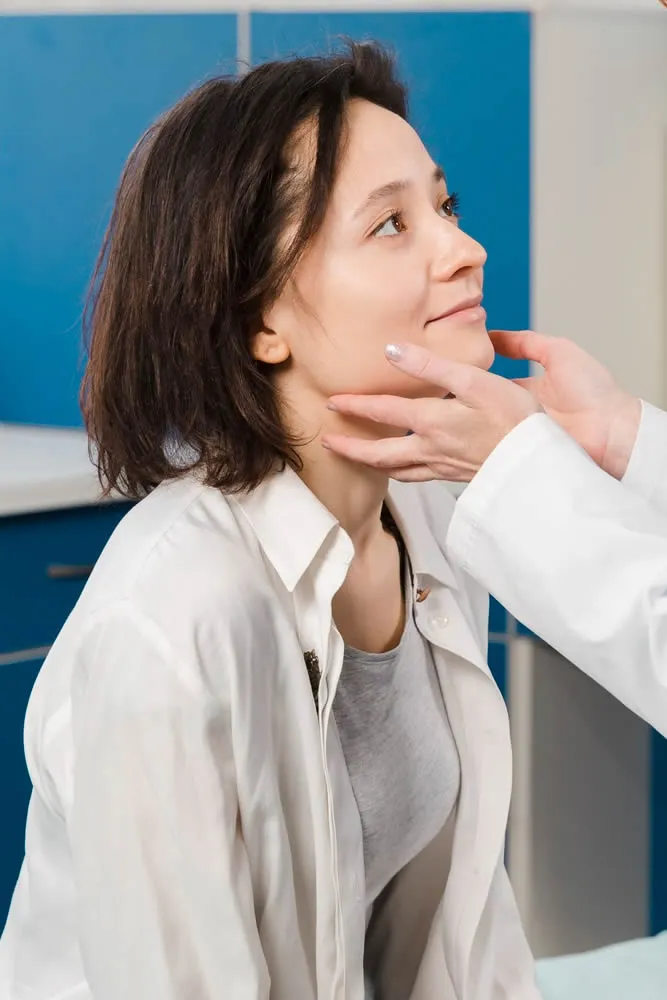What is Seborrheic Dermatitis?
Seborrheic dermatitis is a common skin condition that causes red, scaly, and itchy patches on the scalp, face, and other areas of the body. It is not contagious, but it can be uncomfortable and affect one’s appearance and self-esteem. Seborrheic dermatitis can be treated with medicated shampoos, creams, lotions, or other products that contain antifungal, anti-inflammatory, or moisturizing ingredients. Some natural remedies, such as fish oil, aloe vera, probiotics, or tea tree oil, may also help to soothe the skin and reduce symptoms.Seborrheic dermatitis is also known as seborrheic eczema or dandruff. It can affect people of any age, but it is more common in young adults and older people.

What are the signs and symptoms of Seborrheic Dermatitis?
The signs and symptoms of seborrheic dermatitis may vary depending on the age, skin tone, and medical history of the person. However, some of the common signs and symptoms are:
- Dry, flaky skin: This can develop on any part of the body that has seborrheic dermatitis, including the scalp, face, or chest.
- Rash: The rash can be red, pink, purple, or lighter or darker than the natural skin tone. It can be dry or greasy, and have white or yellow scales or crusts.
- Itchiness: The rash can cause mild to severe itching, which can be worse with stress, fatigue, or a change of season.
- Burning or irritation: The rash can also cause a burning or stinging sensation, especially if it is scratched or rubbed.
- Inflammation: The rash can cause swelling, redness, and warmth in the affected areas.
- Infection: The rash can become infected if bacteria or fungi enter the broken skin.
What treatments are available at the dermatologist for Seborrheic Dermatitis?
There are different treatments available at the dermatologist for seborrheic dermatitis, depending on the severity and location of the condition. Some of the possible treatments are:
- Topical antifungals: These are products that contain ingredients that kill or inhibit the growth of Malassezia yeast, which may contribute to seborrheic dermatitis. They include ciclopirox, ketoconazole, or sertaconazole.
- Topical corticosteroids: These are products that contain ingredients that reduce inflammation and itching in the skin. They include hydrocortisone, fluocinolone, clobetasol, or desonide. These products are available in creams, lotions, ointments, or solutions that are applied to the affected areas once or twice daily for a short period of time and then tapered off.
- Topical calcineurin inhibitors: These are products that contain ingredients that modulate the immune response in the skin and prevent inflammation. They include tacrolimus or pimecrolimus.

FAQ About Seborrheic Dermatitis
Is seborrheic dermatitis contagious?
No, seborrheic dermatitis is not contagious. You cannot catch it from someone else or spread it to other parts of your body.
Is seborrheic dermatitis hereditary?
Seborrheic dermatitis is not strictly hereditary, but it may have a genetic component. Some people may have a genetic predisposition or an underlying medical condition that affects their immune system or skin oil production, making them more susceptible to seborrheic dermatitis.
Is seborrheic dermatitis related to psoriasis?
Seborrheic dermatitis and psoriasis are two different skin conditions that can sometimes look similar or overlap. Psoriasis is an autoimmune disease that causes thick, red, scaly plaques on the skin that can be painful or itchy. Seborrheic dermatitis is a skin condition that causes red, scaly, and itchy patches on the scalp, face, and other areas of the body that are usually oily. Both conditions can affect the scalp and cause dandruff-like flakes.
Is there a dermatologist near me in Boise City that offers treatment for Seborrheic Dermatitis?
Yes. At our Boise City dermatology office we offer treatment for Seborrheic Dermatitis
to patients from Boise City and the surrounding area. Contact our office today to schedule an appointment.

